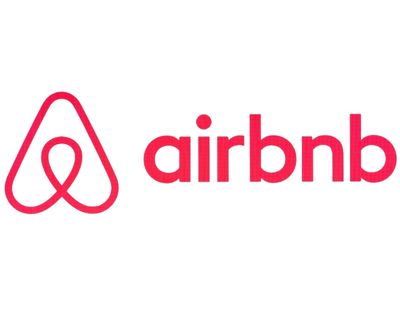
Rental operators specialising in short lets are signing up to a tracking study to assess the sector’s size and significance.
The exercise is being co-ordinated by the UK Short Term Accommodation Association, the sector’s fledgling trade body, and will also include serviced apartments and hotels in a London-focussed pilot study.
The tracking study, which will measure the three sectors simultaneously, will provide data relating to average length of stay and average cleaning fee per stay, as part of the monthly and year-to-date performance metrics for short-term rentals in London.
Although primarily for use within the short lets sector, it may be possible to assess comparative rental incomes alongside traditional buy to let AST tenancies as well.
Occupancy, average daily rate, and revenue per available room, will also be taken into consideration in the STAA study.
“Our partnership with STR is a great example of how we are developing solutions for better data on our sector. It is further evidence of our commitment to help the short-term rentals sector grow responsibly and sustainably.
“The data that [hospitality consultancy] STR will share with us will give a cross-industry insight that has never been seen before. It will allow our members and industry commentators to get a measurable and credible picture on how our sector is growing and on how the different sectors within the industry compare” according to Marilee Karr, chair of the STAA.
“We will be able to use this evidence in conversations we have with government and local authorities to help with evidenced based discussions on the sector” she adds.
Currently the Scottish Government is the most active of the UK administrations when it comes to Airbnb and similar short let rental platforms - and it’s fair to say the Scottish Government is critical of some aspects of the short let model.
Now it appears likely to be April 2022 before a new licensing system for Airbnb-style short term lets is up and running across Scotland, following an extensive consultation process.
In addition to requiring hosts to obtain a licence before letting out a property on a short-term basis, Scottish minsters also propose that councils can introduce control areas – where such lets can be restricted or barred altogether.
The changes are being brought in after concerns were raised about the impact these type of property lets have in areas such as Edinburgh; the Scottish Government says that in an earlier study in May 2019 there were just under 22,100 active listings of whole properties on Airbnb in Scotland.















%20-%20IMAGE%20Client%20Accounting%20%E2%80%93%20what%20are%20your%20options.jpg)

%20(002).png)
.png)
.png)

%20(002).jpg)







Join the conversation
Jump to latest comment and add your reply
Airbnb still dominates this market sector- they should have huge amounts of data already- in fact most operators in this space are digital so surely this is data at hand to most. Assume these will be calculated applying the 90 day cap unless they are willing to reveal the scale of short lets operating outside of existing licensing/planning laws. Short lets is a viable and important part of the rental eco-system but it needs much more strict regulation in line with the long term rental market and these operators should have to identify as agents and therefore meet applicable regulations for this sector to evolve in a truly responsible manner.
You don't seem to understand that the vast majority of this new style short- letting is fraudulent.
What do you have to say about this issue?
Whist I do not disagree with your sentiments Kristjan the reality is that the public do not know/do not ask/do not care about who is an ARLA/NAEA/RICS qualified, they just want the property. They only seem to care when things go wrong. So trying to regulate the cowboy sector of short lets is only a money winner for councils/trade bodies. I gave up my membership of NAEA/ARLA years ago because not one of the public I asked know or cared about it!
Nice,This software, which is used for free editing for any kind of photo and videos.
Please login to comment